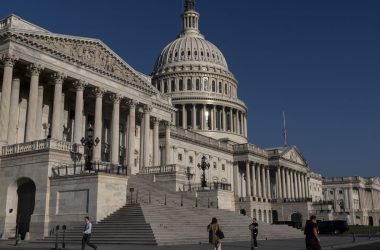Imagine a child playing in a forest, unaware of the broken glass bottle buried just beneath the surface. Which is worse: the present-day child stepping on the shards or a child 100 years from now experiencing the same? This question, raised by philosopher Derek Parfit in the 1980s, was intended to examine our moral obligations towards future generations. Parfit argued that knowingly risking harm to a person in the future is equally as heinous, whether it be today or a century later.
Parfit’s ideas gave rise to a moral philosophy known as longtermism, which is based on three fundamental premises: the importance of future individuals, the potential existence of a large number of these individuals, and our ability to influence their lives for the better or worse. Thus, ensuring a flourishing future becomes a vital moral imperative of our time.
At first glance, longtermism appears to promote universal values such as stewardship, the duty to future generations, and being a “good ancestor.” However, this philosophy has sparked controversy, with critics arguing that it is a “dangerous ideology” that allows or even encourages the suffering of present-day individuals.
Is this criticism justified? To form an opinion, it is important to understand that longtermism encompasses different perspectives. Many of the most vehement objections revolve around the implications of “strong longtermism,” a variant introduced in a 2021 paper by Hilary Greaves and William MacAskill from the University of Oxford. According to this variant, longtermism should be the foremost moral priority of our time.
This perspective has significant implications for how money is allocated in the real world, and it is already beginning to exert influence…








